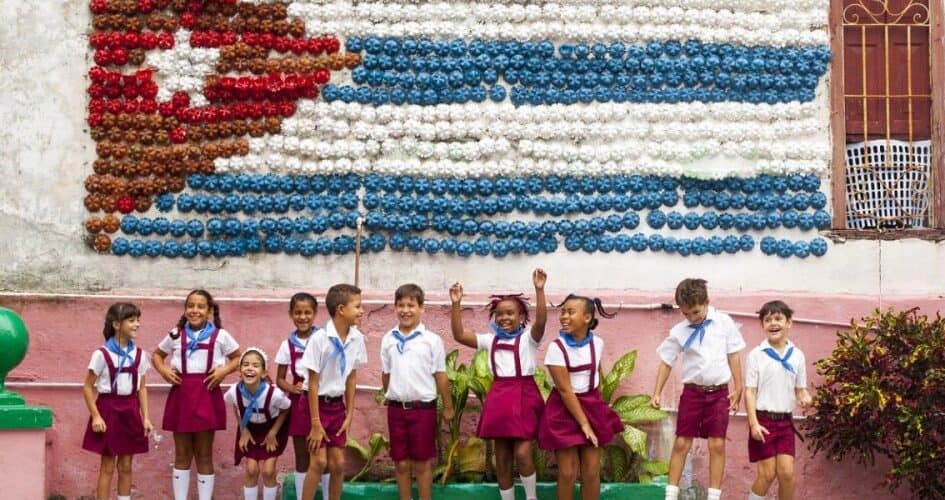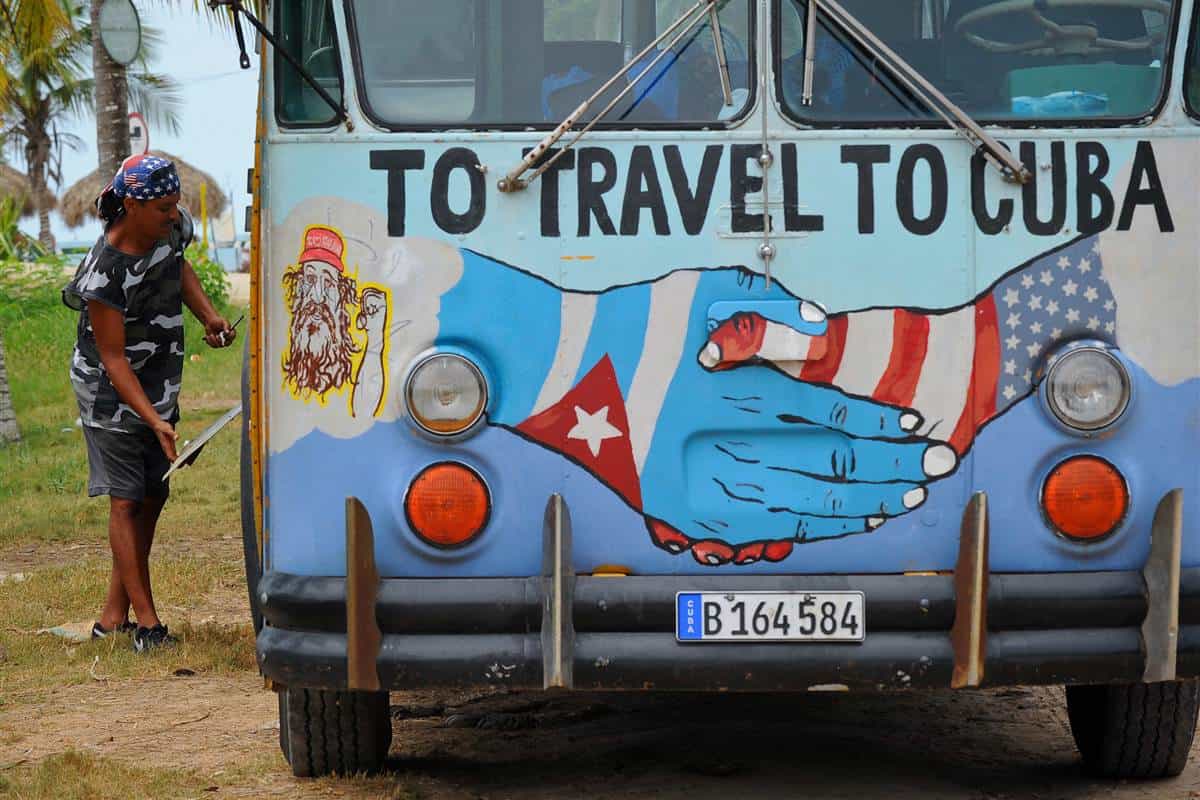The more Cuban people you get to know, the easier it is for you to notice a certain peculiarity: many Cubans have unique names that cannot be heard anywhere else in the world, and some of them, even in Cuba, only a few people share the same name. It is a trend in many Cuban families not to give newborn babies traditional names but to show some creativity and invent new names for their children.
The people born during the 70s and the 80s in Cuba receive the nickname Generation Y. This is because many of these people’s names start with that letter, which is unusual, as there are only a few words that start with Y in the Spanish language, all of them borrowed from foreign languages. However, Cubans’ creativity in making up names with Y is endless, and thus hundreds of new names came to be in Cuba. Yaniel, Yunieski, Yulieski, Yolexis, Yuslan, Yoanni, Yunior, Yusded, Yinier, Yusnel, Yordanis, Yurisbel, Yanisleidi, and Yoandri are only a few examples of Cuban names with Y that became popular in the country. Some of them are variations of common names with the letter Y added.
Even Cubans do not know why they have such unusual names, but most people agree it is some form of rebellion. Some say that Cubans were trying to forget their past as a Spanish colony, thus giving their children names that are not on the list allowed by the Catholic church. Others state that it is not a rebellion against the Spanish colonists but against the new socialist regime. They say that in a strict authoritarian country, the people show their creativity and unwillingness to obey the rules by creating these non-conformist names.
Also, it is not completely clear why Cubans are so fond of the letter Y, but some assume that it comes from when Cuba was allied with the Soviet Union. Inspired by Russian names such as Yuri, Yevgeny, and Yuliya, Cubans also started giving their children names starting with Y.
Names starting with Y are not the only weird names from Cuba. Another trend in made-up Cuban names is the reverse names. Cubans write the names backward and transform the simple and boring name Maria into the exotic-sounding Airam. Some other examples are Nomar from Ramon, Naiviv from Vivian, Oldanier from Reinaldo, and Ailed from Delia.
Another trend is to make up a name for the baby by combining both parents’ names. Thus, came to be Elian (Elizabeth and Juan), Daneisys (Daniel and Daisy), and Daymer (Daniel and Mercedes), among many other examples. Other names do not follow any rules and are completely based on the parents’ imagination, such as Dayesi (the word “yes” in three different languages), Disney, Danyer (from the English “danger”), and Katiuska (as the Russian missile launcher).
This tradition of giving children unique names is not limited to the island but is also seen in some other countries of the Caribbean and Latin America. In Cuba, some locals make fun of these funny-sounding names; others bear their unique names proudly. However, the trend of making up names for the kids is slowly fading. You will find much more traditional names among kids born in this century than among grown-ups and even more among preschoolers than among high school kids. Still, the creativity of the Cuban people does not disappear, and they will surely surprise us with more amazing exotic names.
Essential Travel Logistics For Cuba
Cuban Tourist Card – If your Cuban Tourist Card (a.k.a Cuban Tourist Visa) isn’t bundled into your airline ticket or travel package, buy it only through EasyTouristCard.
Travel Health Insurance – Travel medical insurance is an entry requirement for Cuba, so you can’t skip it. Travelers can get travel health insurance for Cuba via Insubuy. Travel protection benefits such as trip interruption and cancellation, baggage delay insurance, etc., are not required.
Essential Items to Pack – Bring the essential travel necessities that you may not be able to get in Cuba:
- First aid kit
- Hand sanitizer
- Face masks
- Water bottle with filter
- Sunscreen
- Mosquito repellent
- Pin adapter (for Europeans)
- Travel guide
- Spanish-English phrasebook
- Suggested Reading: The Cubans: Ordinary Lives in Extraordinary Times
Read our complete packing list for Cuba.
Find Accommodations – Find hotels or casas particulares (private accommodations) on Skyscanner, which lists thousands of accommodations available in Cuba.
Book Your Flight – Book cheap flights to Cuba on Skyscanner, our favorite flight search engine to find deals on flights to Cuba.




